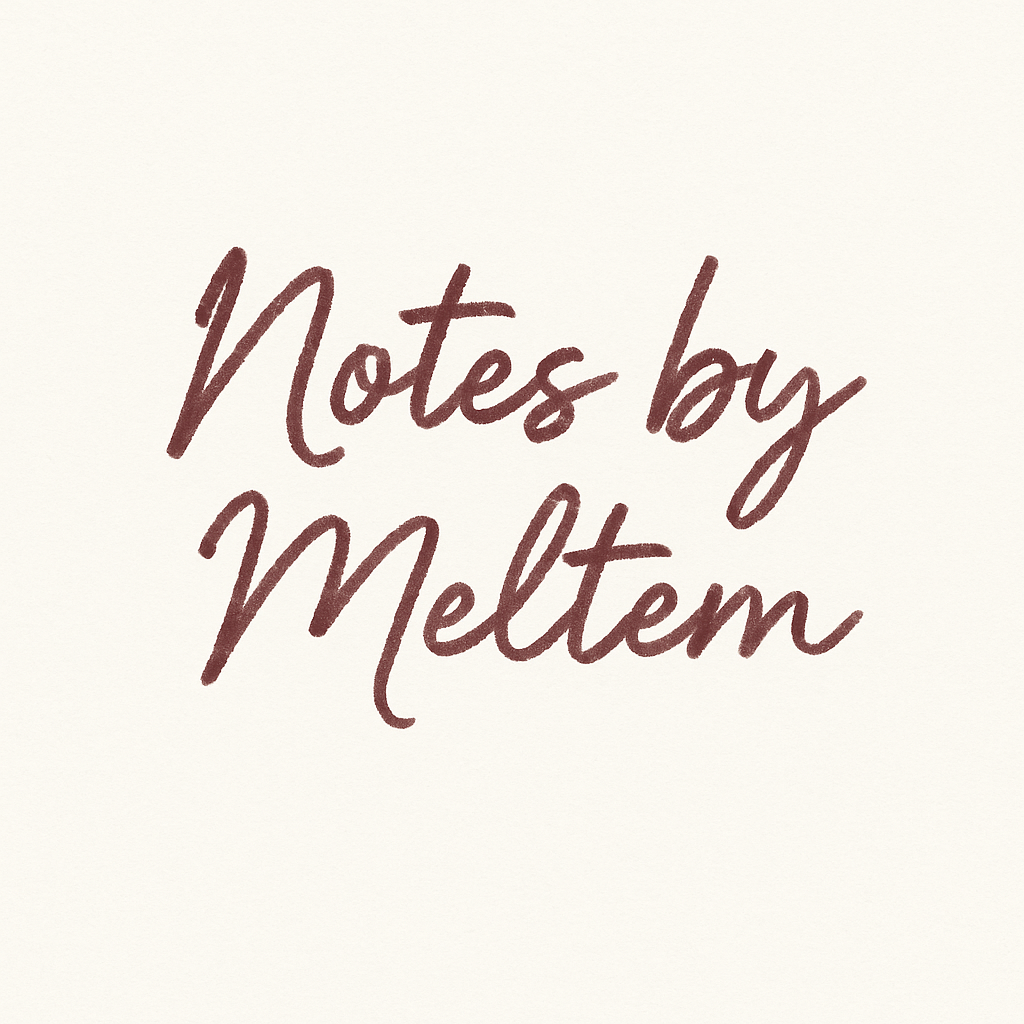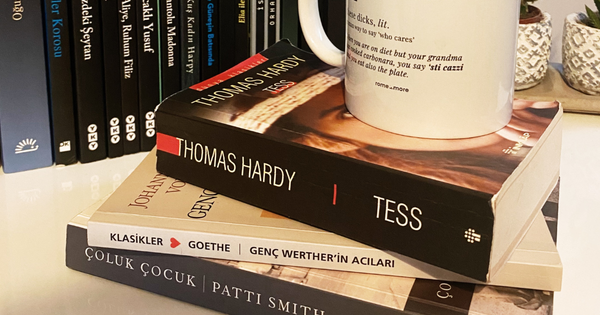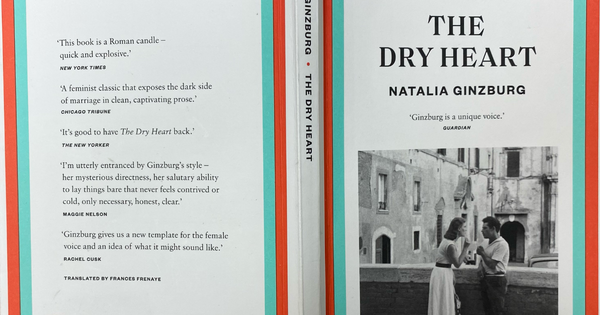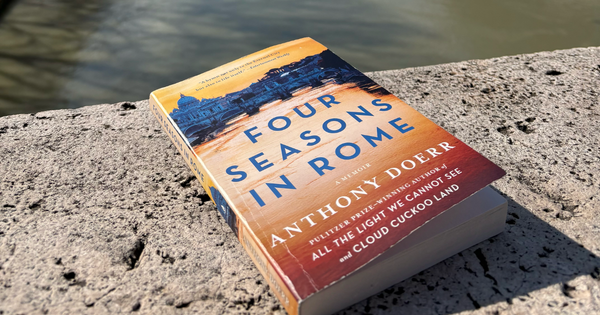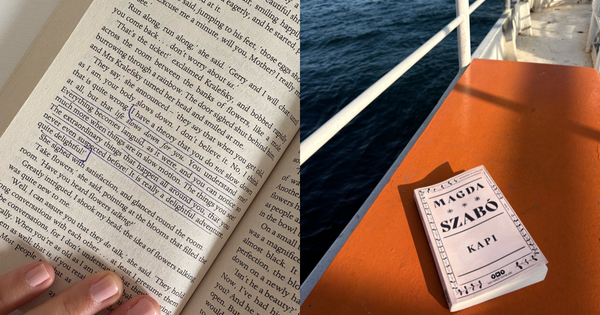How ‘A Little Life’ Messed Up My April, A Bit of Poetry and A Great Leader
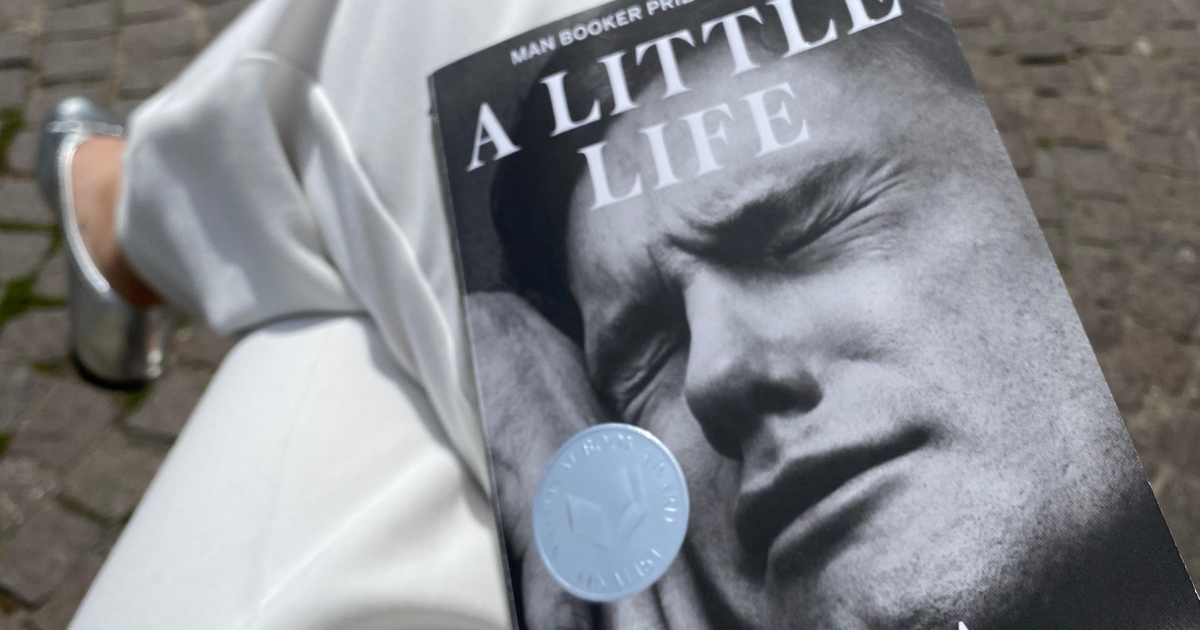
(Originally published in 2024)
A Little Life by Hanya Yanagihara
Oh my dear God… I had no idea how to start, what to mention, or how to mention it. I still do not have any idea, to be honest, but I need to go with the flow. It was too much, 816 pages of mental breakdowns. As someone on Goodreads called it ‘trauma porn,’ it really is. I am very much aware of the fact that people are either praising this book (I saw some getting tattoos of the quotes written in it) or loathing this book.
For the first (give or take) 500 pages or so, I found myself among the former, enthusiastically sharing snippets on my Instagram and recommending it left and right. However, the last 250–300 pages of the book made me forget all of its beauty at once; and yes, I am still in awe of the writing skills of the author. The way she describes emotions, events, backgrounds, even the colors is simply enchanting.
Yet I have just mentioned… The last three of the seven chapters, which are Lispenard Street, The Postman, Vanities, The Axiom of Equality, The Happy Years, Dear Comrade, and Lispenard Street, were unnecessary. Or to put it in a better way, I can say that those chapters were full of unnecessary events in the story that made it seem a bit fake. Actually, those chapters are the ones that people are getting tattoos of!
But before we dive deep into the mental breakdowns and tantrums while reminiscing everything all over again, I must warn you: there will be lots of spoilers, tons of them because I urgently need to either find a therapist in Rome or get it all out of my system at once. So I cannot think about not spoiling anything, I am sorry.
Throughout this reading, which took give or take the entire April, meanwhile I was also contemplating how to write my review because it’s not a simple story. It has too many layers, too many characters, and dynamics between each character with the other that need to be mentioned. There are elements I adore and elements I hated, and skipping any of them will be unfair to the author, to its readers, and my time I spent on this book. The book is chaotic, yet once you start reading, each reader will end up with their respective chaos.
First things first, I want to start from the cover — well, the back cover — because it simply fooled me:
A Little Life” follows four college classmates — broke, adrift, and buoyed only by their friendship and ambition — as they move to New York in search of fame and fortune. While their relationships, tinged by addiction, success, and pride, deepen over the decades, the men are held together by their devotion to the brilliant, enigmatic Jude, a man scarred by an unspeakable childhood trauma. A hymn to brotherly bonds and a masterful depiction of love in the twenty-first century, Hanya Yanagihara’s stunning novel is about the families we are born into and those that we make ourselves.
See? The description mentions four college classmates, brotherly bonds, and families. However, the story, initially portraying these dynamics, takes unexpected turns. What begins as brotherhood morphs into a romantic relationship between Jude and Willem, without sex. The theme of family is present, yet the ease with which they dispose of JB feels totally weird. Moreover, the narrative isn’t solely about four individuals; rather, it just revolves around Jude and, for a significant portion, his, for me weird and unnecessary romance with Willem.
So, this Jude character comes from a profoundly troubled background. It wouldn’t do justice to simply label it as ‘troubled.’ He is a victim of child abuse and not once or twice but consistently and for a very long time.
As a child, Jude was abandoned on the streets, only to be found by so-called religious men who took him to a monastery. There, he endured physical abuse when he misbehaved, and the only person who seemed to show him any love was Brother Luke. Unfortunately, it’s revealed that Brother Luke is a pedophile.
And that’s already an overwhelming amount of childhood trauma. Yet, he manages to escape with this person. However, I find it a bit much to portray other brothers as pedophiles as well. It feels like in this story, almost everyone Jude encounters is depicted as perverted. This aspect is one of the reasons why, as the story progressed, it lost its credibility for me.
Let’s return to the story: after escaping, Jude finds himself in a horrifying situation where Brother Luke, the person he trusted, begins exploiting him for a prolonged period. Luke deceives him with false promises of marriage and a better life once they have enough money. This part of the storyline utterly shattered my heart. I was disgusted by every single thing that occurred between Jude and Luke, as well as the things Luke caused. It’s at this point that I began to grasp the extent of Jude’s trauma and the underlying reasons behind it.
Before that, I know it might sound harsh, but I’ve never been able to comprehend the idea of hurting myself for the wrongs others have done. I simply can’t justify punishing myself for someone else’s sins. However, once you truly understand the depth of Jude’s experiences, it becomes impossible to pass judgment on him unless you lack compassion.
As I wrote above, the amount of trauma Jude endured was already overwhelming. Yet, once he is free from this psychotic, perverted creature, he finds himself in some sort of foster care. Shockingly, that place is also full of pedophiles. Then, he escapes and, unfortunately, has to resort to prostitution to survive. I’m not judging that. However, on that journey, he comes across Dr. Traylor, who is, of course, another pedophile.
Yes, life is full of shit. Bad things happen everywhere, but after Luke, the traumas could have just ended, you know? The physical problems he suffered from could have been caused by some other incident. There was definitely no need for Dr. Traylor, because I still have faith in luck and good people. Unfortunately, it’s the reality of our world, yet I don’t think everyone on the street is a pedophile.
I guess I started with the things that really got to me. So, the other one: the romance between him and Willem? Really? Jeez…
In particular, the chapter ‘Happy Years’… Oh my God… After all the traumas, a fairytale that was wayyyy far from reality. The balance between the first chapters and this is absurd.
The thing that I loved in the beginning was the friendship between these four characters. It was incredible because we started with the background of Willem, and then we had JB, etc. All of a sudden, Jude becomes the center of the universe. Okay, I can understand that the author wanted to focus on one character. But they have this friendship, brotherhood with Willem, and then I don’t understand why to change dynamics by adding romance between them. Evidently, Jude is traumatized to have sex with him, and for God’s sake, that man doesn’t even know if he is gay or not. So the author just puts him in a box and labels. The only love he experienced as a child was given by a man in a sick way. Then he had intimacy only with men because it was the way he was taught. I’m sorry, but magically putting this person in the most romantic relationship with his best friend is a bit weird.
Maybe she just wanted to publish something over 800 pages? For me, this is the only explanation.
While mentioning JB, I loved him in the beginning, and I felt connected with him, especially when he was in his mother’s house. That dynamic was something I can have empathy for.
And you know, the role he had in the group was adorable. Yet, of course, Jude had to suffer again, so the author decided to make JB a drug addict and then insult Jude. Why? Drug addiction is not what I am complaining about. It’s the part where Jude got involved and ‘suspended’ his friendship with him. Also, Willem, obviously. For a long period of time, there was no brotherhood, and poor Malcolm. We only know his issues with his father superficially. And the four friends mentioned on the cover? Where are they?
Instead of all the unnecessary traumas, we could have delved into the stories of the so-called main characters in more depth. In that case, it would have been a genuine story of a person that we might just encounter on the street every single day.
But there was one person that I loved the most: Harold. I don’t know why, but I feel gratitude towards him, and his wife as well. The two parts when Harold was directly talking to Willem are actually the parts that touched me the most.
He is an angel, and I personally feel a connection because my parents lost their firstborn, and then had me. Maybe that’s why Harold is so special to me. He did nothing but love Jude, no matter how he treated them. And Andy… such a great friend and awful doctor you are! Just make him stay in a psychiatric hospital for the love of God. I’m not a medical expert, and I don’t have any in my family, so I’m not familiar with the process in the USA and the medical world. But it’s shocking that he is able to treat someone suffering from severe issues for a lifetime, literally without having any specialization in that field. Yet, it’s not technically treating as well but just numbing or finding makeshift solutions.
But again, the author built this fairytale world for Jude, and Andy could not destroy it.
I think I should stop now, or I will go on forever, but apart from the way the story develops, I liked the author’s prose. However, I struggled a lot to understand the period it covers. It spans a long period of time, yet there is no mention of world events or even some brand names or device names to indicate the period it takes place in.
Overall, for me, it’s a 3 out of 5. I wish it had stopped when it was perfect, but it’s not my call, and it’s too late for that. It made me feel a lot of emotions.
Mustafa Kemal by Yılmaz Özdil
The name Mustafa Kemal Atatürk is probably familiar to everyone who has studied world history or even just a little bit of history. He was the brilliant soldier who helped save Turkey during World War I and the man who founded modern Turkey. In spite of his enormous achievements, the current Turkish government finds it difficult to accept Atatürk. The biography “Mustafa Kemal” by Yılmaz Özdil gives a thorough examination of Atatürk’s life and legacy, including his military career, leadership during the Turkish War of Independence, and his crucial role in founding the Republic of Turkey.
Özdil’s book offers insights into Atatürk’s innovative reforms, such as secularism, modernization, and cultural renewal, as well as his personal challenges and relationships. With painstaking research and compelling writing, “Mustafa Kemal” provides readers with a thorough grasp of Atatürk’s long-term effect on Turkey and the world. Growing up in Turkey, I was lucky to be raised by my family and teachers under the guidance of this extraordinary man, even long after his death. Reading this biography evoked strong emotions in me, maybe even more so than reading “A Little Life.” While I wouldn’t necessarily suggest this book to someone who is new to Atatürk, if you are already familiar with this respected character, I strongly advise you to read it.
Sevda Sözleri by Cemal Süreya
While I’m not typically a huge fan of poetry, I find that I’m capable of understanding it. I prefer prose over poetry time and time again. However, while reading “A Little Life,” I was overwhelmed and decided to turn to the comforting poetry of my favorite poet, Cemal Süreya. I’m not sure if there’s an English version available, but if there is, I highly recommend exploring the works of this talented man. His poems are simply beautiful, and I was surprised by the range of emotions I discovered within me.
